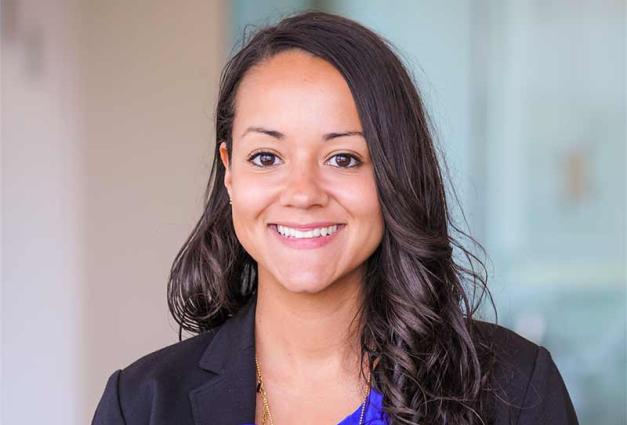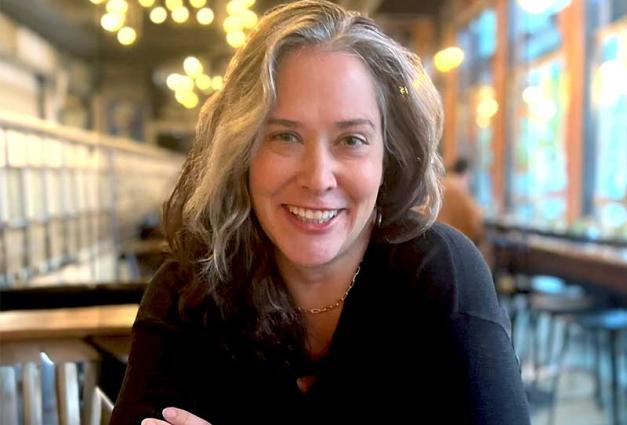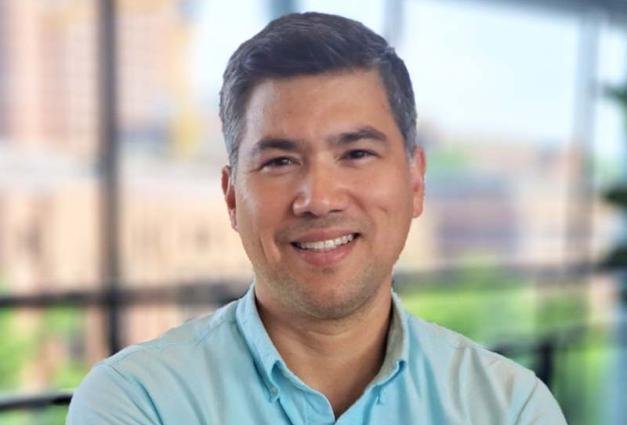Steve Neuberg is Foundation Professor and Chair of the Department of Psychology at Arizona State University. His research has appeared in outlets such as PNAS, Psychological Review, Advances in Experimental Social Psychology, JPSP, Psychological Science, and the Handbook of Social Psychology; has been supported by the NSF and NIH; and has received the Gordon Allport Intergroup Relations Prize and the Daniel M. Wegner Theoretical Innovation Prize. He has received several teaching honors, including his university’s Outstanding Doctoral Mentor Award. He has proudly served in multiple roles for SPSP and has never missed an SPSP conference.
Can you recall a moment, experience or person that influenced you or led you to decide that personality and social psychology was the path for you?
I was a sophomore, hating my bio and chem courses but liking the labs—being able to ask questions and discover answers. I had always been really interested in people, and a friend suggested I take Intro Psych. One day mid-semester, sitting among the hundreds of students watching clips from the Milgram experiments (and the Candid Camera television show!), it struck me that I could ask questions and discover answers about people’s social behavior… and maybe even get paid for doing so. My recollection of the moment: The roof of Bailey Hall cracked open, rays of sunshine streamed down to warm my face, angels began to sing… and, in that very moment, I “became” a social psychologist. All it took from there was focus and great mentoring, for which I remain forever grateful: Tom Gilovich’s willingness to take on a mediocre undergrad as an honors student, Susan Fiske’s forever commitment and professional example, a wonderful post-doc year with Mark Zanna (may his memory be a blessing), and the ongoing mentorship of my ASU colleagues Bob Cialdini, Steve West, and Doug Kenrick. I’m a very lucky man.
What are you most proud of in your career?
I feel very good about my research contributions, and I think they will have a positive impact on our science and, hopefully, beyond. But my gratitude for the incredible mentoring I’ve received has motivated me to pass that forward—and I’m proud of the small roles I’ve been able to play in the professional and life successes of my grad students and the more than 20 undergrads who have come through my lab and are now contributing professionals in our field. Nothing in my professional life makes me feel better than when I get it right with my students… and nothing makes me feel worse than when I screw up!
Do you have a favorite course to teach and why?
I teach a senior-level course on stereotyping, prejudice, and discrimination. I love teaching this course not only because it’s my primary research interest but also because of the effects I see it having on the students. They come into the course with a very simple view of these phenomena—as my former student, Oliver Sng, likes to say, they “stereotype stereotyping.” They leave the course with a much greater appreciation for the complexities and nuances—and thus the challenges—as well as with conceptual tools to better understand and positively engage their social worlds.
Outside of psychology, how do you like to spend your free time?
“Free time”? Ha! I’m a department chair. Actually, I like to cook; I try to put together something new once per week. And I’m into cocktail mixology. Walk over and say hi at the next face-to-face SPSP conference and I’ll talk you through my margatini recipe (the no-longer-secret ingredients: mole bitters, orange bitters, cilantro, and serrano pepper).
What is something you’ve done that no one would expect?
As a high school trumpet player, I once jammed (poorly!) for 10 minutes with Dizzy Gillespie—one of the greatest of all time.




